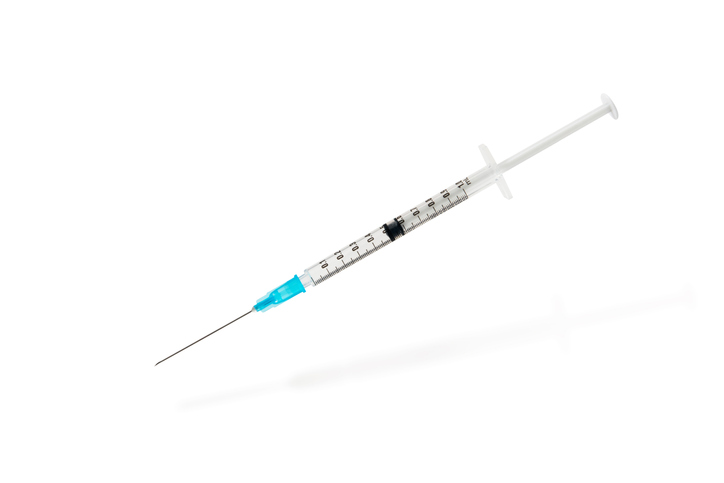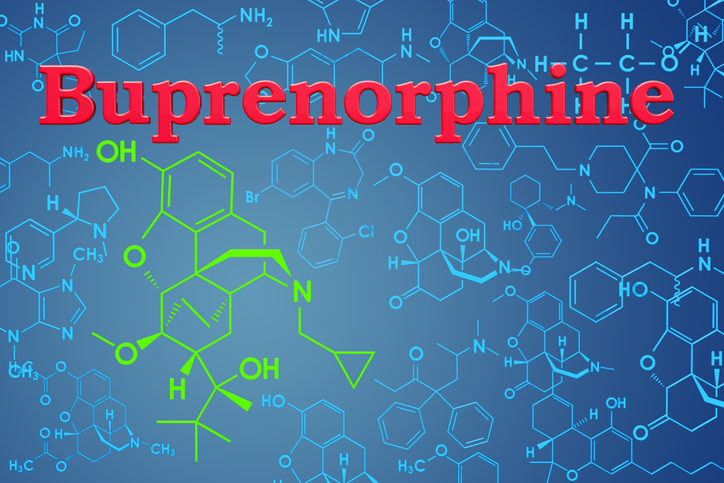Treatments
What Are Monoclonal Antibodies?

What are antibodies?
Antibodies are proteins produced by the immune system in response to antigens or harmful substances, such as bacteria, viruses, fungi, parasites or anything else the immune system considers foreign. Both autoimmune and autoinflammatory diseases involve dysfunction of the immune system.
What are monoclonal antibodies?
Monoclonal antibodies are synthetic (man-made) antibodies that can be used to treat certain cancers, infections, and inflammatory disease processes. They are typically administered via IV infusion or subcutaneous injection.
What health conditions may benefit from monoclonal antibody treatment?
Conditions that may benefit from monoclonal antibody treatment include, but are not limited to, the following:
- Certain types of cancer
- Rheumatoid arthritis
- Multiple sclerosis
- Lupus
- Crohn’s disease
- Ulcerative colitis
- Psoriasis
- Organ transplantation rejection
- Infections
Autoimmune and inflammatory disease treatment
Monoclonal antibodies used to treat immune-mediated inflammatory disorders target certain immune cells or inflammatory proteins. They include tumor necrosis factor (TNF) inhibitors, interleukin inhibitors, and B-cell inhibitors.
- Tumor necrosis factor (TNF) inhibitors
Tumor necrosis factor is a type of inflammatory protein. TNF inhibitors work to stop TNF synthesis. Examples of TNF inhibitors include adalimumab, golimumab and inflectra. They are commonly used for ankylosing spondylitis, psoriasis, and Crohn’s disease. - Interleukin inhibitors can treat diseases such as rheumatoid arthritis or vasculitis.
- B-cell inhibitors, including rituximab, can be used to systemic lupus erythematosus and demyelinating neuropathies.
Cancer treatment
Unlike traditional chemotherapies that target and suppress the entire immune system, monoclonal antibodies can be used to target a specific type of cell or a segment of the immune system with the intention of leaving other areas unaffected. Examples of monoclonal antibodies used to treat cancers include rituximab and nivolumab.
- Rituximab works by targeting B-cell production. B-cells are a type of immune system cell needed to create antibodies. Rituximab can treat certain types of lymphoma and leukemia.
- Nivolumab is used to treat lung, liver, renal, and other types of cancers. It works by targeting and blocking PD-1, which is a protein that stops the immune system from attacking cancer cells.
Infection treatment
In the context of infections, monoclonal antibodies can be used to target viruses. They can also be used to treat the body’s overactive response to infections, such as with the cytokine storm known as sepsis. Examples of infection treatments include the following:
- Bamlanivimab, imdevimab and casirivimab work by targeting the SARS-CoV-2 virus which causes COVID-19.
- Interleukin inhibitors target interleukins, an inflammatory cytokine whose overproduction can lead to cytokine storms. Examples include anakinra (targets il-1) and tocilizumab (targets il-6).
Side effects and potential risks
Side effects of monoclonal antibody treatments vary depending on the type of treatment used.
Common side effects of monoclonal antibody treatment include the following:
- Hypersensitivity and allergic reactions
- Weakness
- Chills
- Diarrhea, constipation, nausea or vomiting
- Rash or itching
- High blood glucose levels
- Cough
Other potential side effects of monoclonal antibody treatment include the following:
- Shortness of breath
- Peripheral edema
- Headache
- Fever
- Muscle aches or pain
- Decreased appetite
- Increased triglyceride levels
- Insomnia
- Abdominal or back pain
- Dizziness
Potential serious side effects of monoclonal antibody treatment include the following:
- Anaphylaxis
- Anemia
- Reduced white blood cell count
- Serum sickness
- Secondary infections
- Enterocolitis, mucositis or stomatitis
- Drug-induced autoimmune diseases
- Interstitial lung disease
- Secondary cancers
- Hepatitis
- Gastrointestinal perforation
- Hypothyroidism















